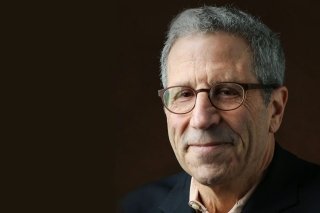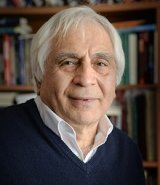Economics Lecture: How Should We Elect Presidents?
- -
- Haas Center for the Arts, Mitrani Hall
Categories:
Harvard University and Nobel Prize winner Eric Maskin to speak

Free and Open To the Public.
The way that the United States and many other countries elect their presidents is deeply flawed. In particular, it is quite possible for a candidate to be elected even though there is some other candidate who is more popular. In this lecture, Eric Maskin discusses a better voting system, which avoids this flaw.
Maskin's idea would apply to both presidential primaries, and the general election would replace plurality rule (in which each voter chooses a single candidate and the candidate with the most votes win, even if he or she falls short of 50 percent) with majority rule (in which voters rank candidates, and the candidate preferred by a majority to each opponent wins). Second, he would reform the Electoral College so that nationwide vote totals rather than statewide totals determine the winner.
Maskin received his undergraduate and Ph.D. from Harvard and was a postdoctoral fellow at Jesus College, Cambridge University. He has served on the faculty of MIT from 1977-1984, Harvard from 1985- 2000, and the Institute for Advanced Study from 2000-2011. He rejoined the Harvard faculty in 2012. He was awarded the Nobel Memorial Prize in Economics in 2007 for laying down the foundations of mechanism design theory, a specialized form of game theory that attempts to maximize gains for all parties within markets.
Maskin is a previous president of the Econometric Society, a member of the American Academy of Arts and Sciences, and served as an editor of The Quarterly Journal of Economics and Economics Letters.

